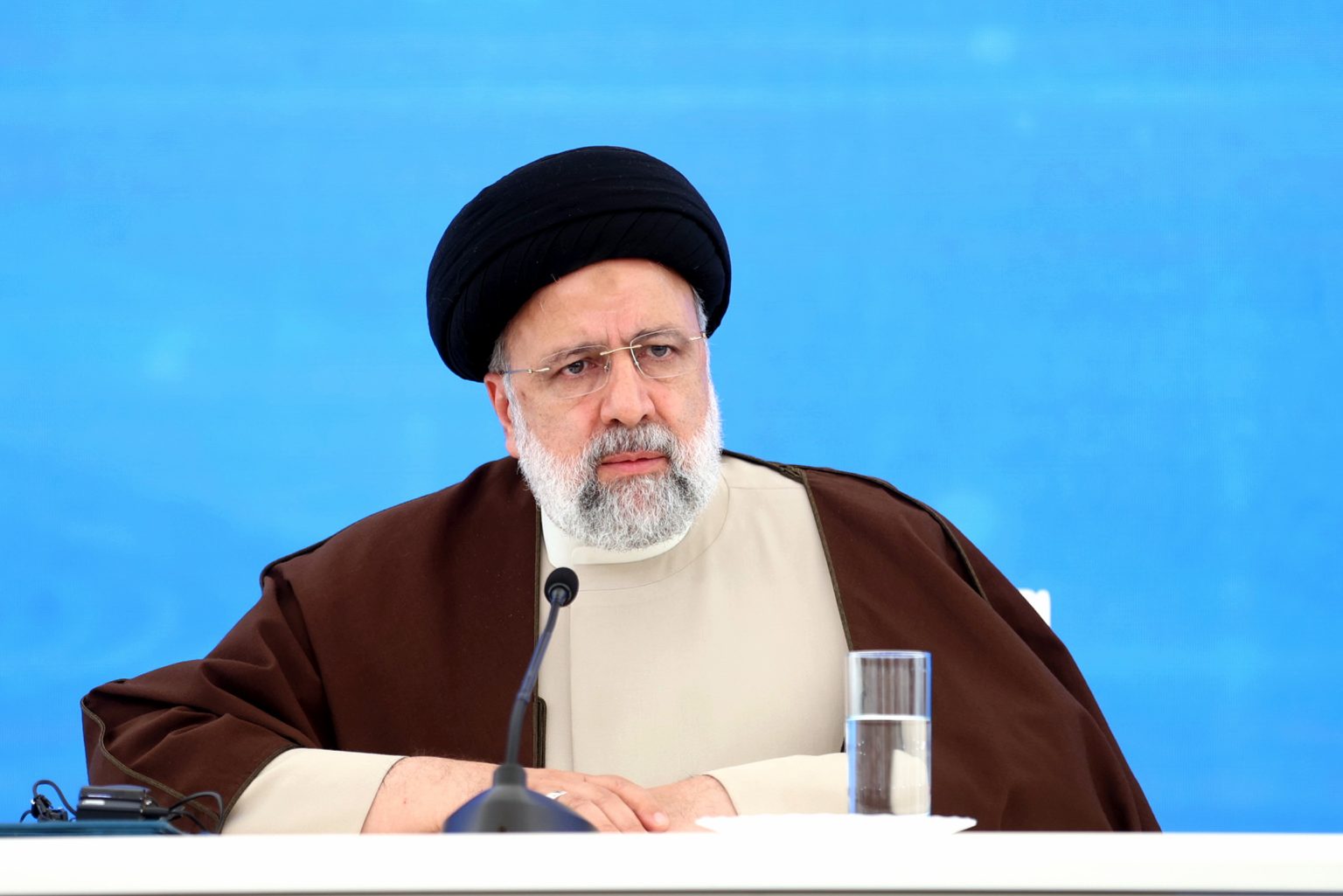Foreign affairs analysts are closely monitoring the situation following the helicopter crash involving Iranian President Ebrahim Raisi and several other top officials. The uncertainty surrounding Raisi’s fate has raised concerns about how his potential death could impact Iran’s leadership and stability. Raisi, who was handpicked by Iran’s Supreme Leader Ayatollah Ali Khamenei, is seen as a potential successor to Khamenei. If Raisi is confirmed to have been killed in the crash, it could lead to turmoil within the Iranian leadership, especially as the nation’s actions both internally and abroad have been growing more aggressive.
There are immediate challenges that the Iranian regime would face if Raisi did not survive the crash. One possibility is that the vice president would take over, necessitating new elections within 50 days. However, given the regime’s unpopularity and low voter turnout in recent elections, generating enthusiasm for new elections could be quite challenging. Another challenge would be addressing speculation about whether foul play was involved in the crash, especially given Raisi’s status as a leading contender for the position of supreme leader. The high stakes and tensions between Iran and other countries could fuel suspicions of foul play.
Concerns over Raisi’s record and his potential successors have also been raised by analysts. Raisi has been associated with summary executions in 1988 and a crackdown on the Women, Life, Freedom movement in 2022. His lack of secular education and intellect has earned him the nickname “Mr. Sixth Grade.” Amnesty International has reported his involvement in the death commission that executed political dissidents in 1988. If Raisi were to die in the crash, few tears would be shed for him inside or outside Iran. The likely successor to the foreign minister, who was also on board the helicopter, is seen as more savvy and competent in handling international relations.
Under Raisi’s leadership, Iran has taken a more aggressive stance on its nuclear program, harboring uranium at almost weapons-grade levels and hindering international inspections. Despite signing the nuclear deal in 2015, known as the Joint Comprehensive Plan of Action (JCPOA), Iran has ignored certain terms of the agreement since the U.S. withdrew from it in 2018. The situation continues to be closely monitored by experts and foreign affairs analysts, as the potential loss of Raisi and other top officials could have significant implications for Iran’s leadership, internal politics, and foreign relations.
The uncertainty surrounding Raisi’s survival in the crash has implications both domestically and abroad, with the potential to disrupt Iran’s leadership and stir up tensions. Raisi’s position as a key figure in Iran’s leadership and his possible role as a successor to the supreme leader make his fate a matter of great importance. The aftermath of the crash could lead to significant power struggles within Iran, especially in the context of an unpopular regime facing challenges in holding new elections. The impact of these developments on Iran’s nuclear program and international relations adds further complexity to an already volatile situation.


